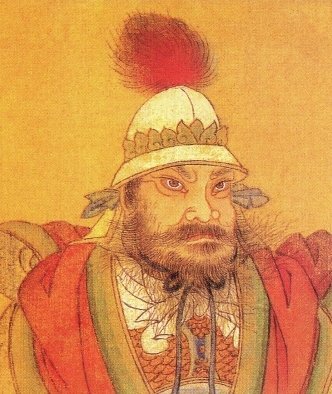
Moderating the Liver?
For the past two weeks, much of my attention has been taken up by a course on “Nurturing the Fetus: The Ten Months of Pregnancy in the Chinese Medicine Classics and the Modern Clinic,” which I am currently teaching with my clinical colleague and friend Andrew Loosely. A student in that class had a great question about the recommendation for the first month of pregnancy. Here is the information and advice, as worded in one of our sources, Bèijí qiānjīn yàofāng 2.3 《備急千金要方》…

How to Authentically Root your Work in the Classics
A recommendation for an outstanding book by Monkey Press and Sandra Hill.
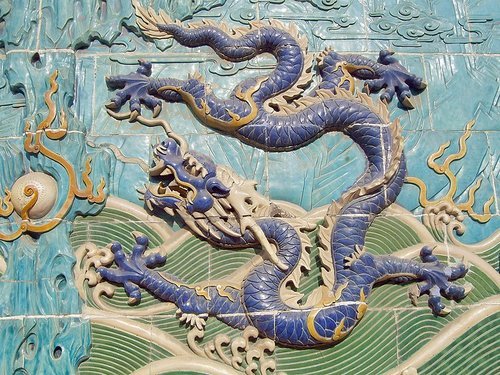
Withdrawing Epilepsy
How do you choose between different meanings of a single character when you are working on a particular passage and the answer is not immediately obvious? This is a common problem that anybody who is trying to read classical literature has to confront on a regular basis. The importance of this challenge to find the correct meaning in a specific context is obvious, especially when we are dealing with clinical literature like indications for formulas or medicinals. In today’s post, I shall use the Shénnóng běncǎojīng 《神農本草經》 (“Divine Farmer’s Classic of Materia Medica”) to introduce you to my world of navigating this challenge and arriving at what I consider the best decisions at any given moment.
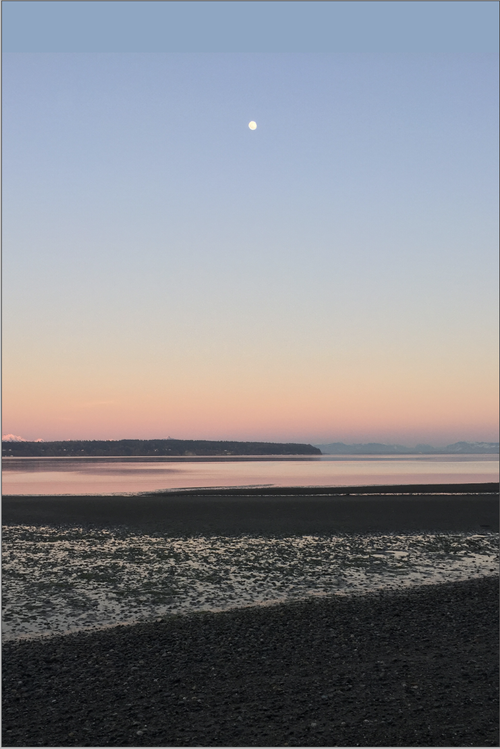
My Good Friend Yùexìn
Each of us may just be a drop of water in the ocean of popular and biomedical discourse on “The Curse,” but bit by bit, one conversation at a time, we can take the “s” out of that awful term and think of it more like the sweet casual Chinese term 我的好朋友 “my good friend.”
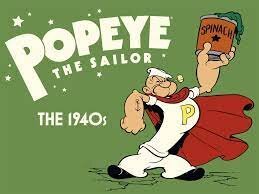
The Problem With Spinach
The present post uses THE SPINACH PROBLEM to consider the problem of absorbing the wisdom from the Chinese medicine classics as part of a practitioner’s education and cultivation.
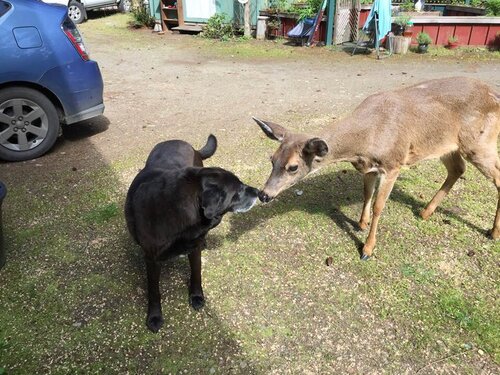
Wallowing in Words
Yes! There are paths that can be followed as paths
But! These are not the paths that last.
Ming: Names
Yes! There are names that can be employed as names
But! These are not the names that last.

Suwen 5 and Seeking the Root
…the lesson here is that we all need to stay open to learning and being corrected. That none of our knowledge is ever enough, that we all make mistakes, and that we all must create and maintain and nurture a learning environment that facilitates this sort of mutual collaboration. And that we must hold each other accountable, and that that our goal must be not to make ourselves right and the other person wrong but to learn from and with and for each other, for the benefit of the greater good.

From Extraction Beyond Sustainability To Regeneration
…This is a pivotal time, a giant hinge moment that calls on us all to replace the currently still dominant model of EXTRACTION not just with the goal of SUSTAINABILITY, as has been advocated up to now by many progressive people, but with the ideal of RESTORATION or REGENERATION. And by “restoration” I don’t mean a return to the “normal” that may have worked for some people in the age before the coronavirus, but a return to the source, to ancient ways of being and knowing, in harmony with our plant and animal relations. We can see the need for this change in perspective in the three main areas of Chinese thought that I like to fall back on: Politics/economics, agriculture, and medicine. …
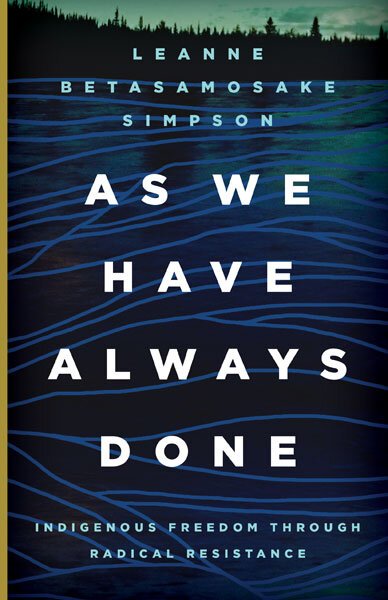
Accessing Knowing
My daughter is my hero! A radical shining activist studying political science and all sorts of fancy-worded things I don’t understand. She sends me the greatest book recommendations, including as one of the last books I was able to check out from the library before they closed due to Covid-19, this title: Leanne Betasamosake Simpson, "As We Have Always Done: Indigenous Freedom Through Radical Resistance. Besides giving great hope and inspiration, this fascinating book also contains a chapter on “Land as Pedagogy,” which contains a discussion of indigenous Nishnaabeg education. There I found the following quote, which strikes me as extremely relevant to my own search for sources of knowledge in traditional Chinese medicine and philosophy, both in general, in the context of climate change, and especially in this current pandemic when the complete failure and inadequacy of biomedicine and other modern systems of knowing has become more obvious than ever before
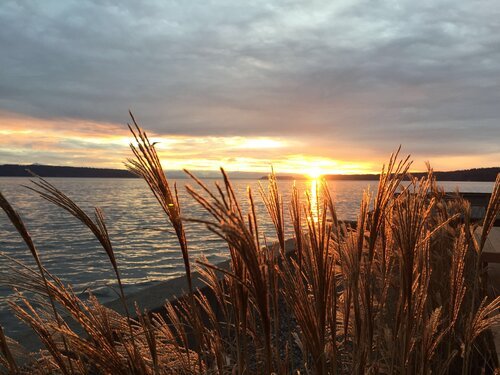
Losing the Gift of Bafflement
"Speaking of fakery, one of the great temptations of being a writer is to absorb the projections of readers who think you're an expert on some subject just because you have written a book about it... When my ego becomes bloated with the illusions of expertise, I risk losing the gift of bafflement that has always animated my best writing. I stop asking questions and start believing I have answers." (Parker Palmer, On the Brink of Everything)

The Yin and Yang of Education
Being an educator in the field of classical Chinese history, culture, and medicine, it is impossible for me to avoid a critical engagement with the topic of education spanning three areas: as envisioned in classical Chinese philosophy and politics, as practiced in various forms throughout the history of Chinese medicine, and as enacted today in both institutional and private educational settings…

Questioning Menopause Part One
“What do the Chinese classics have to say about menopause?”
It shouldn’t be such a difficult question, but for a number of interesting reasons it is.
…In regards to a potential Chinese translation for “menopause,” the only thing to note here is that this term actually has no equivalent in traditional Chinese medical (or other) texts! The closest equivalent is the concept of “a menstrual period that fails to flow through” (月經不通) or similar expressions of blockage and lack of flow/penetration.

Lower Leg Qi
The following is another excerpt from my ongoing translation project, the “Hundred Questions of Gynecology” 女科百問 by Qí Zhòngfǔ from 1220 CE. “Question Twenty-Nine: What is the Reason for Women Suffering from Pain in the Ten Toes as If They Were Being Fried in Oil, and Experiencing Heat Pain When Covered up and Cold Pain When Exposed to Blowing Wind?” … The key points to take away from earlier medical literature on the disease of Lower-Leg Qì are as follows: It is a condition that can express itself in numerous ways and does not have a single cause or even key symptoms. Nevertheless, it is, at least was originally, associated with pathological wind that invades the body through the feet. …

Cultivating Yin, Practicing Wuwei, Disengaging from Social Media
…I have always taken it for granted that as life-long students of this deep, complex, and complicated medicine, we all embrace this challenge and appreciate it when other people, with different backgrounds and skills, teach us things that we don’t know. In my experience, people are attracted to the field of medicine and the role of physician primarily for two reasons: Most students I know get into medicine because of a pure and sincere desire to alleviate suffering and to help others. Some people, however, are attracted to the role of the doctor because it makes them an authority, because it gives them power because they are put in the position of telling others where they are wrong and of “fixing” them….

Traditional Chinese Gynecology in the West
In the context of my most recent book publication, a translation and discussion of the first section of an important thirteenth century text on gynecology, I have been thinking a lot about the current state of clinical practice of what I call “traditional Chinese gynecology” in the West. To be frank, for years now I have been hearing or reading statements that are appalling to me in their arrogance and ignorance vis-a-vis what I consider one of the crowning achievements of traditional (note the small “t”) Chinese medicine.

Misogyny in Chinese Medicine
As a scholar who has closely studied and translated the works of Sun Simiao and early Chinese gynecological literature for several decades, the time has finally come for me to clear up mistaken views about this important figure and his work that I encountered some years ago. Given Sun Simiao’s significant contributions to Chinese medicine and to gynecology, he deserves to have someone speak up for him.
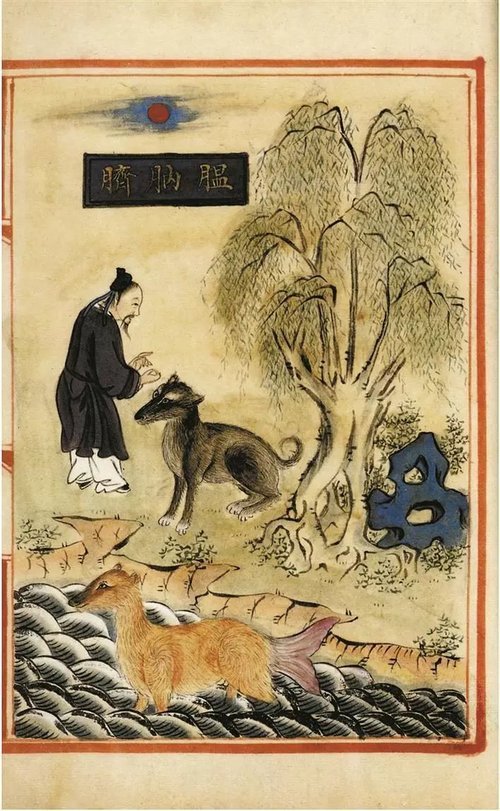
Seal Penises and Testes
The following is an excerpt from my current book project, a translation and discussion of Qí Zhòngfǔ’s 齊仲甫 Nü Ke Bai Wen 女科百問 (A Hundred Questions in Gynecology), published in 1220. It is one of two formulas attached to Question Sixteen:

Do Not Blame
The past few days, weeks, and months have been difficult ones for many of us, at least in the United States where I currently live, as we witness horrific events in our local communities, the country, and around the world. So much violence, rage, pain in this crazy year of the Fire Rooster! Like many of my clairvoyant, wise, or just empathetic friends and colleagues in the field of Chinese medicine, where the virtue of brightness or vision (míng 明) is the distinguishing mark of the sage, I have been finding the nearly constant onslaught of tragedies hard to digest and have had to consciously force myself to take breaks from the news and allow the soothing calmness of the Puget Sound to heal my heart and spirit. For me personally, a daily swim in the sea has been a life saver, in spite of the dropping temperatures, and I am extremely grateful to be in a position where I get to do that. …
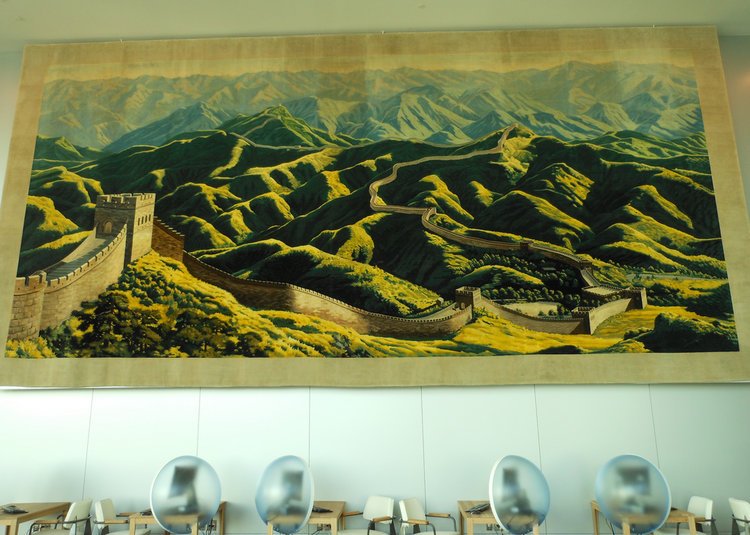
On Walls, Part Two: The Great Wall of China
This blog is a continuation of my previous post, “Why I Dislike Walls, Part One.” That post was an attempt to give voice to some of my personal experiences with walls in Germany and on the US-Mexican border, to explain my personal gut reaction. In the present writing, I am putting on my supposedly objective historian’s hat for Part Two, to look more closely at arguably the most famous historical example of wall-building, namely the Great Wall of China. So let us travel far away in time and space, to fifteenth-century China and the construction of the Great Wall in the Ming dynasty…

Why I Dislike Walls, Part One
The prospect of yet another wall going up and mercilessly dividing a contiguous region by cutting through towns, communities, families, and friends who I deeply love and care about on both sides, and the reality already of innocent people being torn from their communities, rounded up, marked as different due to some human-made distinction expressed by a piece of paper, and shipped off to a place of no return, breaks my heart and forces me to speak up. The current hateful political discourse on building a wall and deporting “illegals” to “make America great again” touches me more deeply than any other political issue ever has in my entire adult life, and I have been around the block.